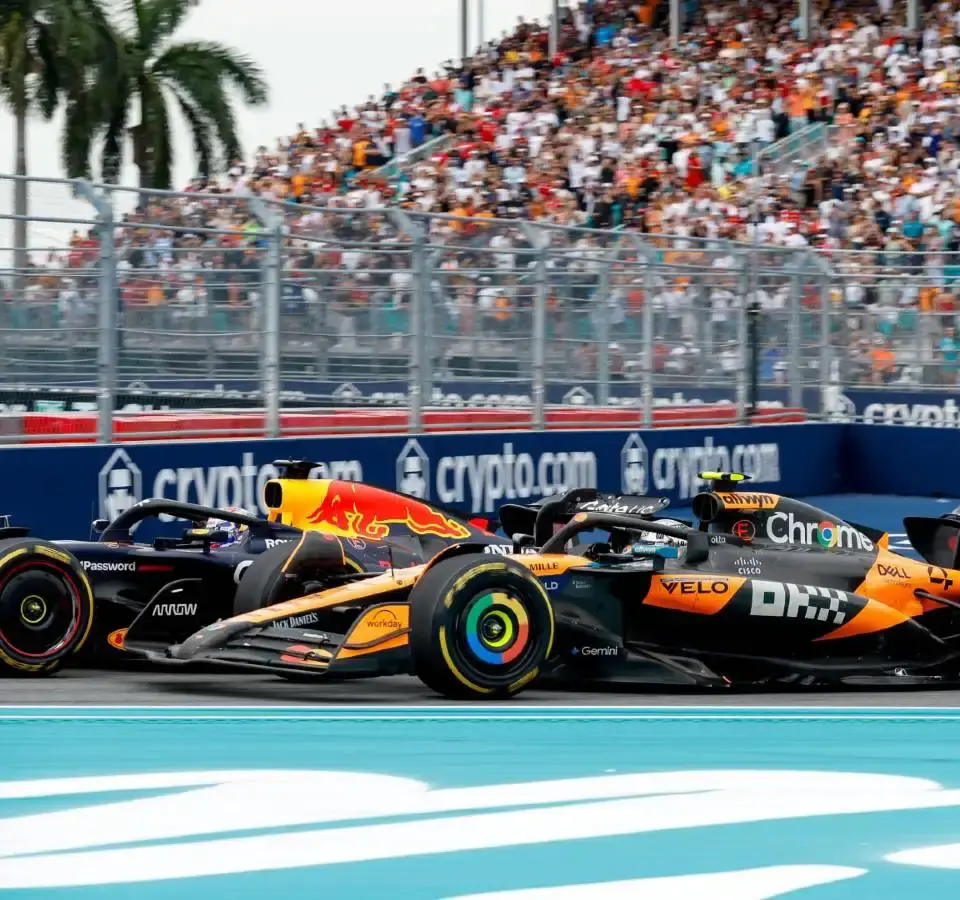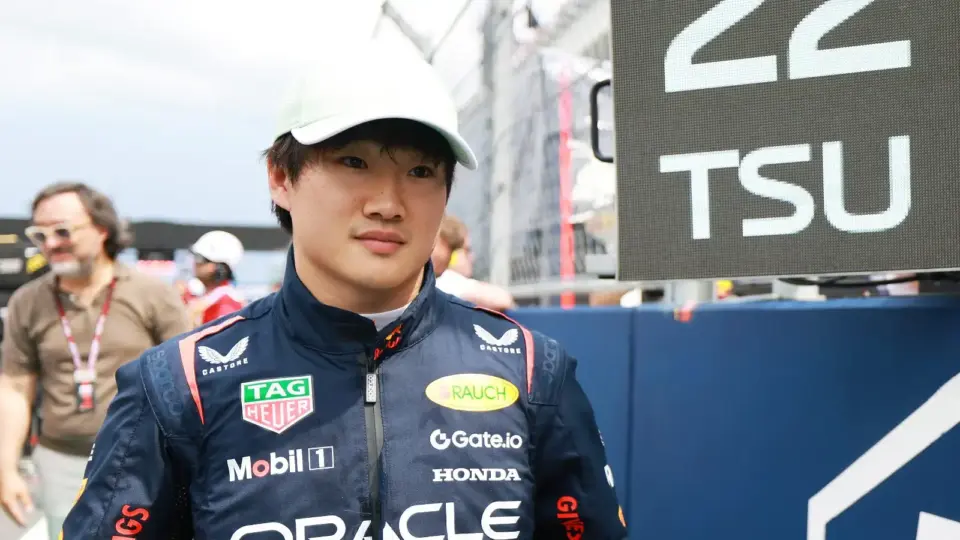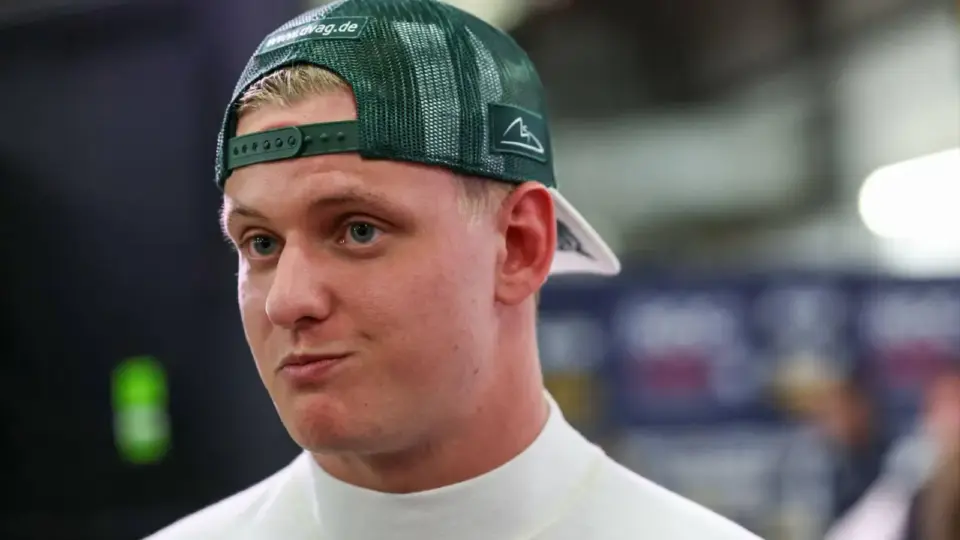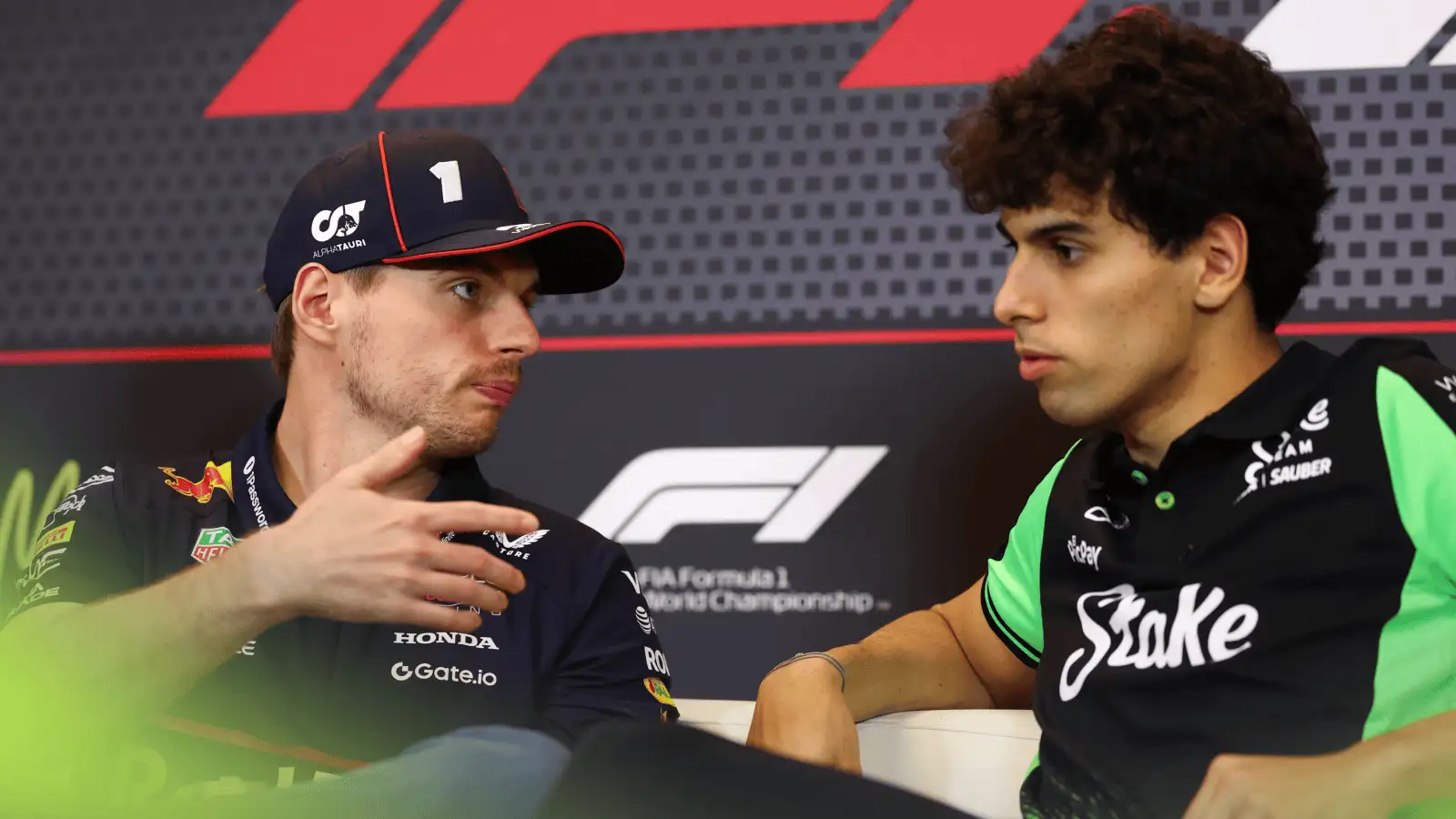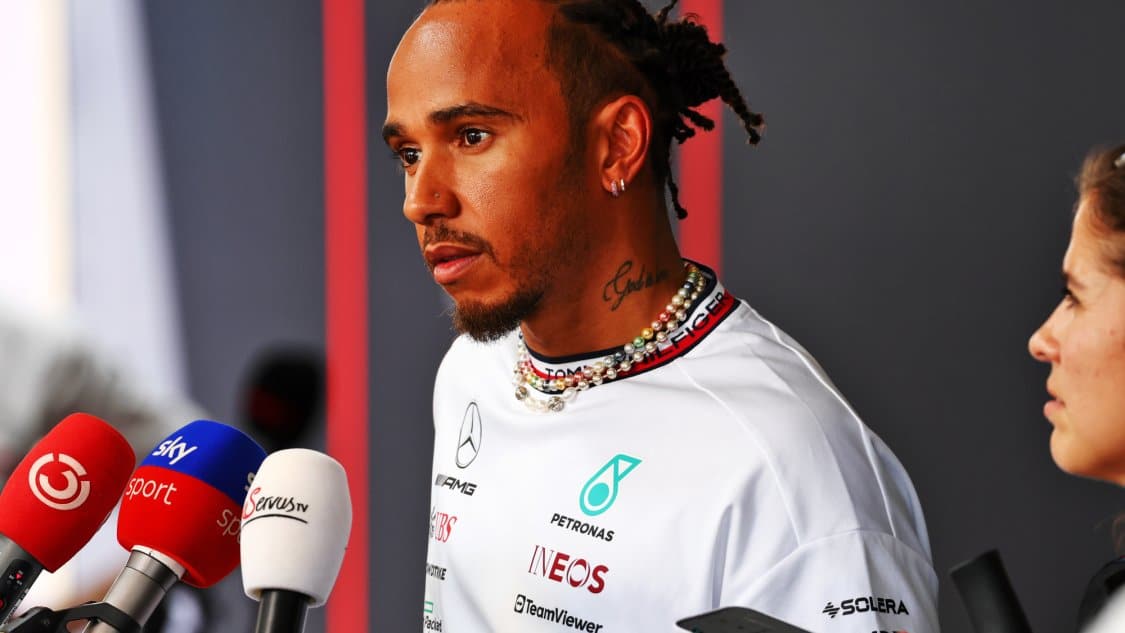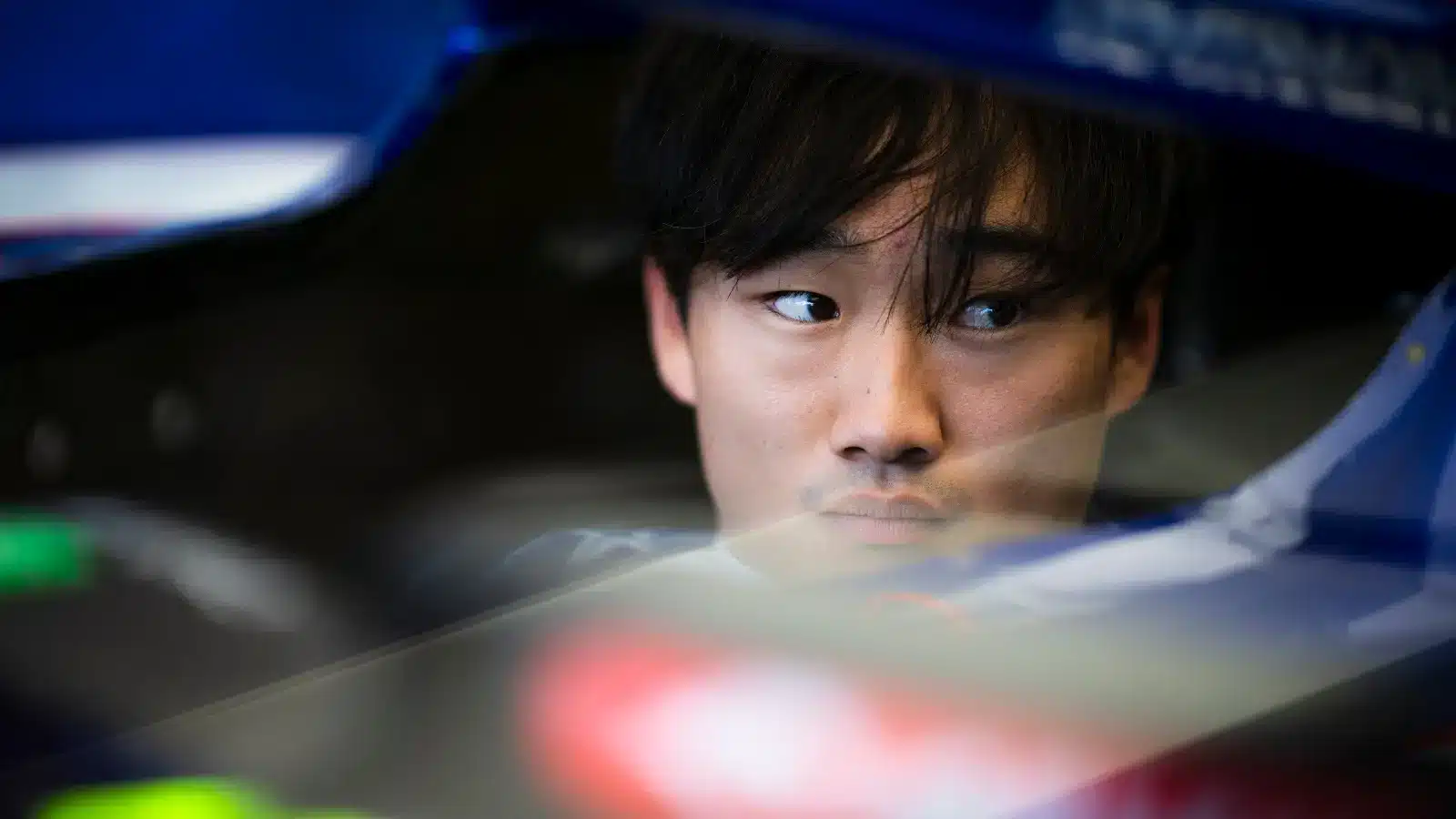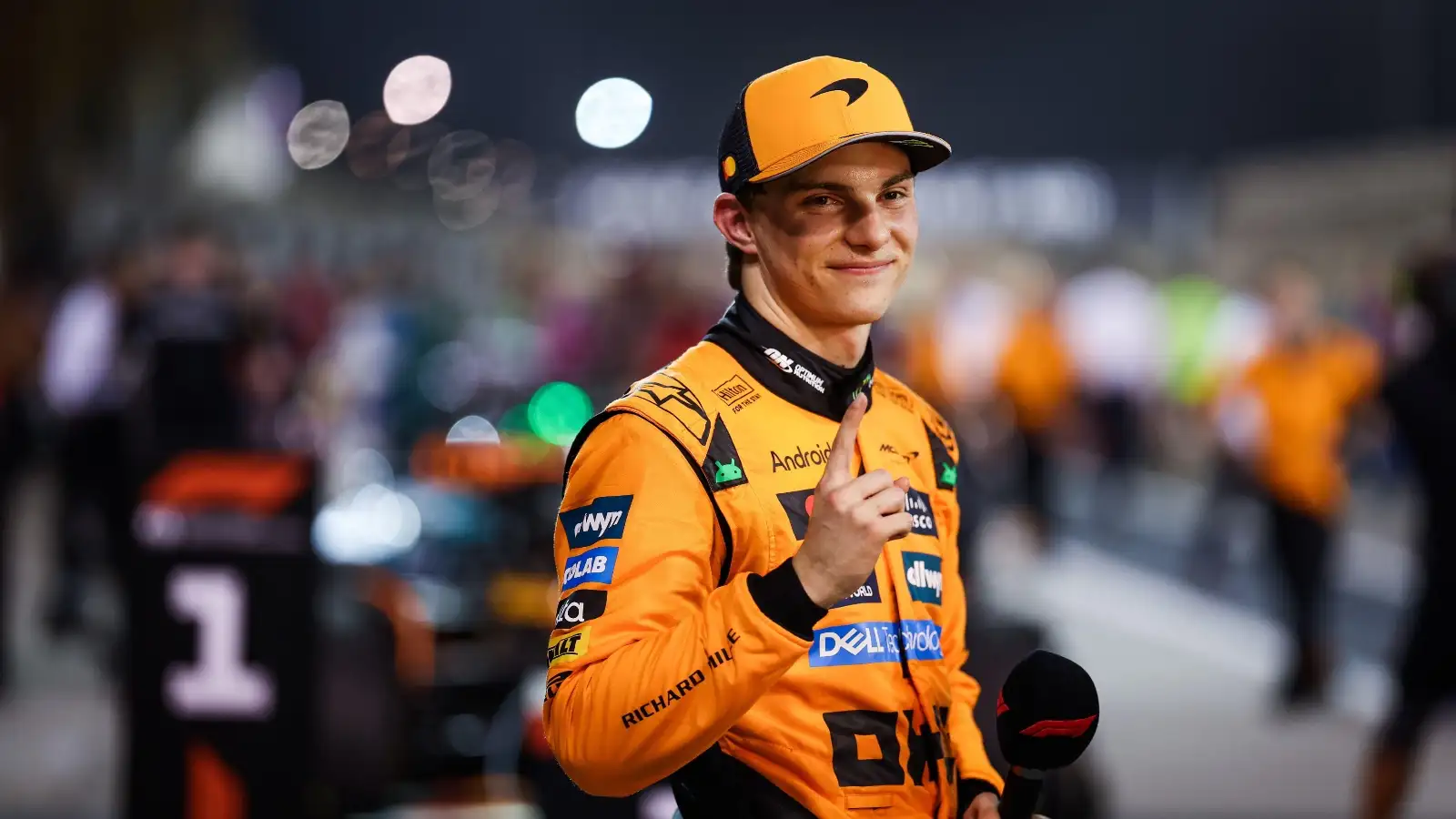Christian Horner, the face of Red Bull Racing, voices his apprehension about Formula 1’s evolving guidelines. Fans and teams alike are engaged in heated discussions. Those passionate about racing are evaluating whether the sport is being buried in new rules.
With the 2025 changes in full swing, the essence of racing is being debated. The guidelines, which have seen significant shifts, are influencing on-track interactions. Horner believes this evolution could potentially stifle the natural spirit of the sport. Could F1 be heading towards an era of excessive regulation?
Evolving Racing Guidelines
In the world of Formula 1, rules can often feel like a moving target. Until last season, a specific guideline required drivers to leave a car’s width on exit when passing on the outside. Now, this isn’t mandatory. This shift might seem minor to some, but it could redefine racing strategies.
For instance, Oscar Piastri’s moment with Max Verstappen in Saudi Arabia was a hot topic. Under the old rules, this bold defense might have seen penalties. Critics warn that the change could make overtaking on the outside almost impossible.
The Red Bull boss fears that these changes lead drivers to pursue rules rather than raw racing instincts. As Horner put it, “it doesn’t feel like natural racing anymore.” He suggests that the essence of wheel-to-wheel combat is under threat.
Instinct vs Regulation
Oscar Piastri, who found himself amid controversy, believes in racing on instinct. “It’s the lead of the race at Turn 1,” he explained, referring to his move against Verstappen.
Piastri argued that instinct guides drivers more than ever-evolving rules. To many, his approach is the essence of racing: boldness and strategy without overthinking every regulation.
Piastri’s point touches on a key debate: should instinct outweigh regulation in the heat of competition?
Public and Expert Opinions Clash
Racing fans and experts have found themselves on different sides of this new direction. Many enthusiasts want the battles of old, where gut feeling and skill determined outcomes.
However, some experts believe regulations ensure safety and consistency. They argue that without these rules, chaos could reign on the track.
Balancing instinct, regulation, and safety is an ongoing conversation in the F1 community, requiring delicate consideration.
The Future of F1 Competitions
Horner suggests a reset, perhaps a discussion among drivers, to assess the impact of these regulations. The Red Bull chief hopes for a return to less regulated times.
But what does this mean for the sport’s future? Will we see more guidelines or a return to the wild and unpredictable nature of racing?
The decisions made now could set the tone for the next generation of F1 competition.
Drivers’ Perspectives
While some drivers support Horner’s concerns, others like Piastri embrace the changes.
The driving world is divided: should they lean towards traditional racing or adapt to evolving guidelines?
This divide showcases diverse perspectives within the F1 community, reflecting different racing philosophies.
Social Media Reactions
Fans on social media platforms like Twitter and Reddit have been vocal. Many express a longing for racing’s natural thrills and spontaneity.
Others appreciate the tighter rules for ensuring fair competition. Social media continues to be a battleground for these diverging views.
Public debates highlight the complexity of modern F1 racing and the diverse opinions of its global fanbase.
Industry Leaders Weigh In
Voices like Damon Hill and Zak Brown add to the conversation, each with unique takes on the issue. Brown reflects on historical challenges in F1, suggesting that the sport’s evolution is a natural progression.
Hill, on the other hand, points out that racing’s evolution involves growing pains, but can ultimately lead to a better experience. These insights from industry veterans provide valuable perspectives on potential paths forward.
Impact on Racing Strategies
Changes in guidelines inevitably affect strategies. Teams might have to innovate, balancing aggression with caution in new ways.
As Piastri showed, adaptation is essential. But how will other drivers and teams respond? Will adaptability become the new benchmark for success?
This evolving narrative highlights the dynamic nature of F1 and its ongoing changes.
The Debate Continues
The conversation around F1’s future is ongoing. Fans, drivers, and even team principals like Horner continue to discuss and debate the sport’s direction.
As regulations shift, so too does the essence of racing. The global community watches eagerly to see what unfolds.
Will the heart of F1 be preserved, or will regulatory layers continue to shape its path forward?
Horner’s concerns spotlight the tension between tradition and regulation in F1. With many voices in the conversation, the future of racing hangs in balance. What direction will the sport eventually take?
The evolution of racing guidelines continues to stir debate, reflecting a sport in transition. As all sides weigh in, the essence of F1 remains a shared passion.
